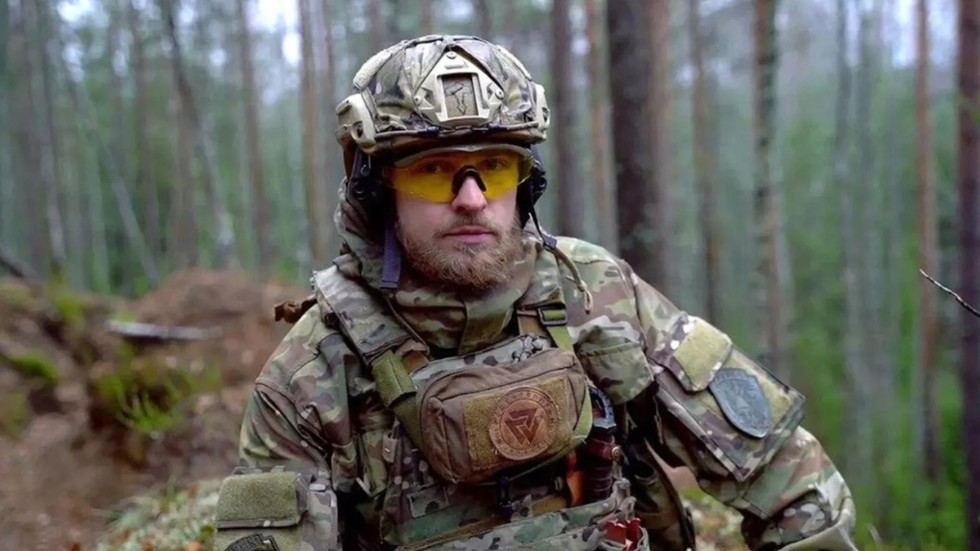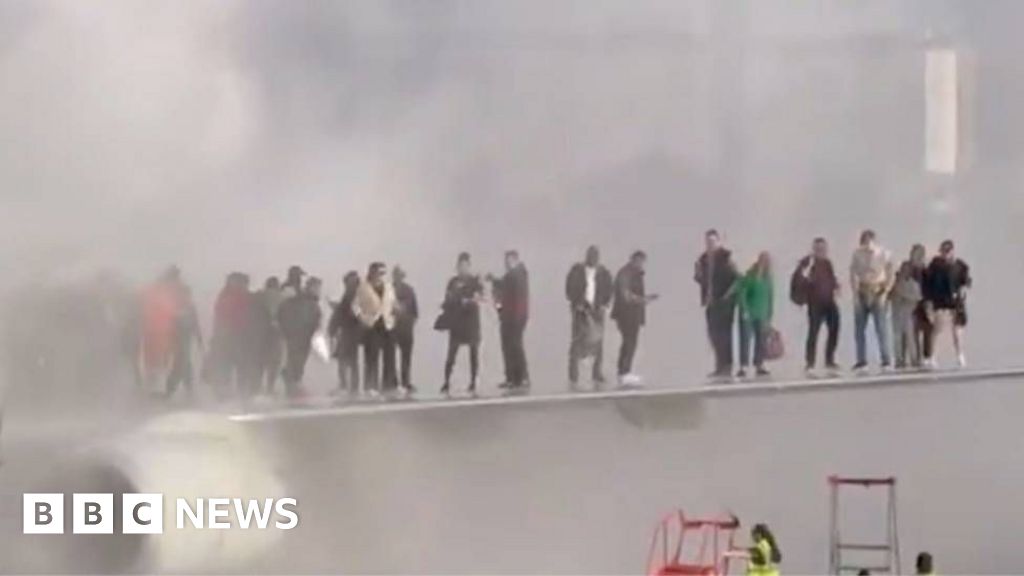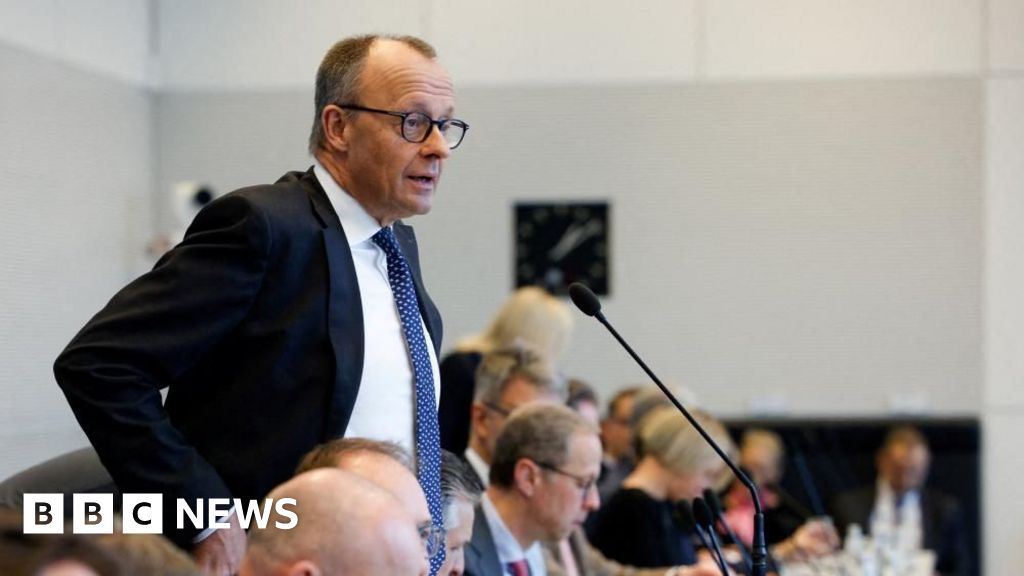A 14-year-old boy killed in a summary execution.
Girls as young as 4 and women as old as 82 subjected to sexual violence.
A priest brutally beaten, then stripped naked and forced to parade naked through the streets of his village for an hour.
These were among the nightmarish findings of a new
UN-backed reportreleased Thursday that found Russia has committed war crimes and likely crimes against humanity during its
yearlong invasion of Ukraine.
The three international experts appointed to serve as investigators with the Human Rights Council’s Independent International Commission of Inquiry on Ukraine concluded that Russia was guilty of grave violations of international humanitarian and human rights laws.
These included indiscriminate bombings of areas with civilian populations and targeted attacks against Ukraine’s energy infrastructure, as well as torture, unlawful confinement, summary executions, and rape.
“The Commission is concerned with the number, the geographic spread, and the gravity of human rights violations and corresponding international crimes which it has documented during its mandate,” the investigators wrote in their report. “These have affected men, women, boys and girls of all backgrounds and ages.”
The report is likely to have little practical effect on Russia, but it will increase pressure for the country to be held accountable by the International Criminal Court.
At the very least, the report also functions as a historical record of the abuses committed by Russia, which did not cooperate with the investigation.
As one man whose father was executed by members of the Russian military in a village in the Kharkiv region told the investigators, “They punished innocent people; now those who are guilty, if they are still alive, need to be punished to the fullest extent.”
The investigators also found a few instances of Ukrainians violating international law, either by using cluster munitions and rocket-delivered antipersonnel land mines or by torturing at least two members of the Russian armed forces.
To produce their report, the investigators interviewed 595 people and traveled eight times to Ukraine, visiting 56 cities, towns, and settlements. They met with victims and refugees who had fled to other European countries, and reviewed evidence of death and destruction in places that have drawn international attention for the horror that has taken place there, such as Bucha and Mariupol.
They found at least 68 people had been summarily executed by Russians during the first few months of the war, including two women and a 14-year-old boy. Most were killed by gunshots to the head.
Russian forces also indiscriminately targeted civilians by firing at them as they tried to flee, whether on foot or in cars with signs in the windows that read “Children.”
As the Russian military seized Ukrainian territory, they would frequently detain men of fighting age, as well as officials, journalists, power plant employees, or other influential people. Some were suspected of aiding opposition forces, while others were detained simply for holding pro-Ukrainian views. Detainees were locked up in overcrowded prison cells, police stations, or basements, with at least one person imprisoned for more than nine months.
“In one case, ten older people died as a consequence of the inhuman conditions in a school basement, while the other detainees, including children, had to share the same space with the bodies of the deceased,” investigators wrote.
Many detainees were also tortured, whether by being beaten, electrocuted, suffocated with plastic bags, hung upside down, or forced to endure extreme cold weather.
One survivor told investigators they were beaten as a “punishment for speaking Ukrainian” and for “not remembering the lyrics of the anthem of the Russian Federation.”
Rape has also frequently been used as a weapon of war by Russian forces against detainees or civilians during home searches, investigators found. The report described the case of one pregnant woman who begged in vain to be spared from being raped, only to miscarry a few days later.
Detainees, including thousands of children, have also been transported to Russia against their will. Some of these children have since had Russian citizenship imposed on them and been placed with foster families, unlikely to ever return to Ukraine.

 1 year ago
22
1 year ago
22









